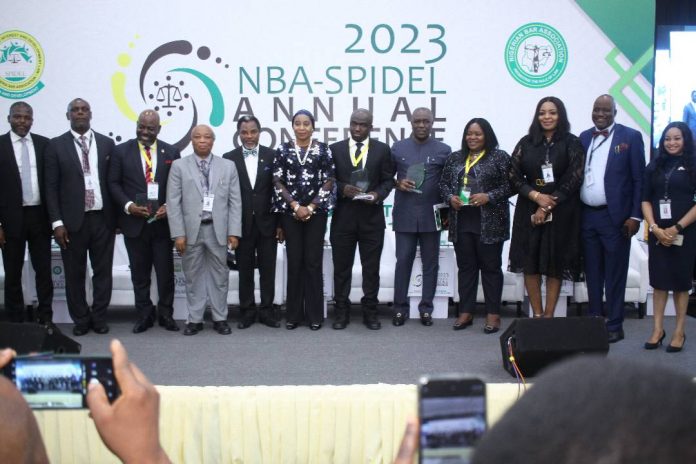The fifth panel session of the SPIDEL confab in Lagos, which was chaired by the retired Hon. Justice Taiwo Taiwo comprised of a representative of the lead speaker, Chief Mike Ozekhome, SAN, who could not attend; Prof. Paul Anababa (former Chairman of NBA-SPIDEL); Tobenna Erojikwe (Chairman of the NBA’s Institute of Continuing Legal Education) and Prof. Nnamdi Obiaraeri (a former Dean of the Faculty of Law at the Imo State University).
The discourse, which was centered on the topic, ‘Regaining Trust in the Nigerian Judiciary Through the 2023 Election Cases – What Needs to be Done?’
According to NEWSWIRE Law and Events Magazine correspondent, this session covered some of the ground covered by the previous Akpata-led session, but also dealt with additional issues such as the self-interested approach with which our politicians approach any progressive electoral amendment (ie they support only those amendments they know will not endanger their own electoral chances); the onus of proof of electoral malpractice (which currently rests with the petitioner, even as people like Prof. Ananaba want it to shift to INEC instead); the security of judicial adjudicators and their families from potential bodily harm; the need to create a window through which a Judge who is dismissed from his position can return to legal practice – a situation that doesn’t obtain at present); the need for the other arms of government to show greater political will in matters of law reform; and the need for greater self-regulation in the judicial ecosystem.
Pivoting away from the issue of elections and the Judiciary’s role therein, the 3rd session of the day – a Roundtable Discussion – dealt with the issue of the administration of justice in Nigeria as it relates to correctional reform, in particular the effective implementation of Section 12 (4-12) of the Nigerian Correctional Service Act 2019.
Chaired by Hon. Justice Daketima Kio of the High Court of Rivers State, the panel comprised of the immediate past 1st vice-chairman of the NBA, John Aikpokpo-Martins; the former Chairman of the NBA Lagos Branch, Chukwuka Ikwuazom, SAN; Retired Police AIG Olufimihan Adeoye; Dr. Dilibe Eche of the Department of Criminal Justice in the US State of Texas; Ogechi Ogu (Deputy Director of PRAWA); and a representative of the Executive Secretary of the Administration of Criminal Justice Monitoring Committee, Abiodun A. Aikomo.
In his opening salvo, Ikwuazom answered the panel chairman’s query as to whether progress is being made in actualizing the above legislation – offered some sobering statistics to the contrary. The ever-present issue of congestion in the country’s 244 correctional and custodial centers, he said, remains as acute as ever. These facilities house 23, 000 more inmates than the originally planned 52, 860. This state of affairs, he added however, is not for lack of effort by advocacy groups such as PRAWA and the Human Rights Committee of the NBA, among others.
Ikwuazom’s point was further advanced by Aikpokpo-Martins, who however, called the motivations of the provisions of Section 12 (4-12) into question, saying it seemed more to satisfy MDG goals than anything else. He called on the NBA to leverage on its status as an Official Visitor to correctional facilities, so as to be able to articulate the concerns of these facilities and those who manage them and live in them.
In his contribution, AIG Adeoye warned against taking Section 12 (4-12) in isolation, or trying to solve the problem of congestion without addressing the underlying causes of crime and its social underpinnings. Nigerian society, its economy, and the way its resources are distributed are used, are a fertile ground for potential inmates of these facilities, he said. Poor funding, he added, is putting too much pressure on correctional centre. In adding to increased funding, Adeoye also called for police to be more proactive, rather than reactive, in its apprehension and response to crime in society. In particular, he criticized the practice of deploying so many police personnel, resources and equipment to protect a small number of persons – in a country which has fallen far of the UN provision which recommends a minimum of 1 policeman to 400 citizens – and called for a reversal of the trend. The inequities of our society, he reiterated, must be tackled effectively. Otherwise, congestion cannot be resolved.
Also speaking, Mr. Olawumi, who represented the Human Rights Monitoring Committee, chipped in the following recommendations:
– Pay more attention – and devote more resources – to reformative justice;
– There’s a need for greater awareness on the part of the public as to the need to welcome incarcerated person back into society upon their release;
– Inmates themselves need to have a healthy image of themselves, and must use the jail time to build themselves up – especially by reading books.
– Its time to consider relocating the Ikoyi Correctional Centre to a less congested area, such as Epe which affords plenty of space for the facility to further expand in a manner that gives the inmates opportunities to indulge in profitable activities.
When it comes to correctional congestion and other welfare challenges, said Ogechi Ogu of PRAWA in her contribution, funding alone, or the deployment of resources is not enough. Attitude matters too. Echoing AIG Adeoye’s thoughts on the importance of social engineering, she said congestion was about in-flow; in a society where the activities of the poor are criminalized while those of the rich are celebrated and rewarded, decongestion will forever remain an unattainable ideal. She also called on government, the Judiciary and other stakeholders (including the NBA) to restore the importance of non-custodial sanctions against offenders.
In answer to the panel chairman’s question on lessons Nigeria could learn from other jurisdictions such as the USA, Dr. Eche outlined the basic differences between ‘custody’ and ‘jail’ in the American system. Another bulwark against prison congestion in that country, Eche said, was the wide use of alternative incarceration measures, such as paroles, probations, etc.
NEWSWIRE’s correspondent reports that, as the 2023 NBA-SPIDEL Conference drew to a close, one of the later highlights of the day was a Showcase (complete with a documentary) by the government of Lagos State, in a bid to show conferees and potential investors a glimpse of what the ‘State of Excellence’ had to offer – especially in the area of law reform.
Another Showcase, and the final act of an eventful day, was by the NBA Welfare Committee (under the able leadership of Ozo Emeka Ozoani, SAN), the work it has done to implement the NBA Health Insurance Scheme, and what has been the response so far on the part of its numerous beneficiaries.

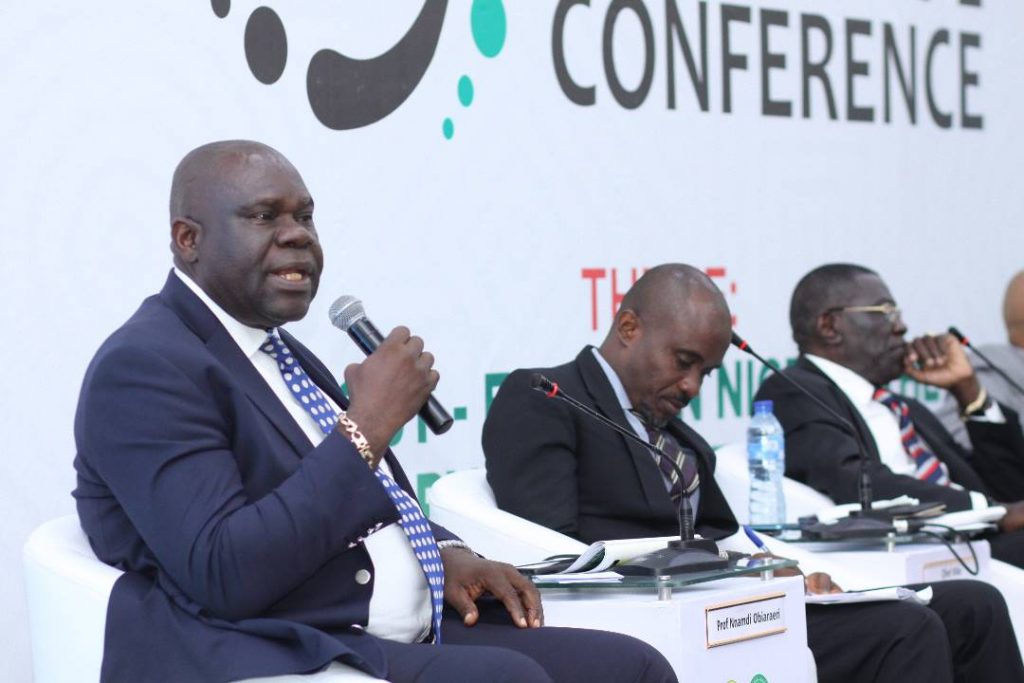
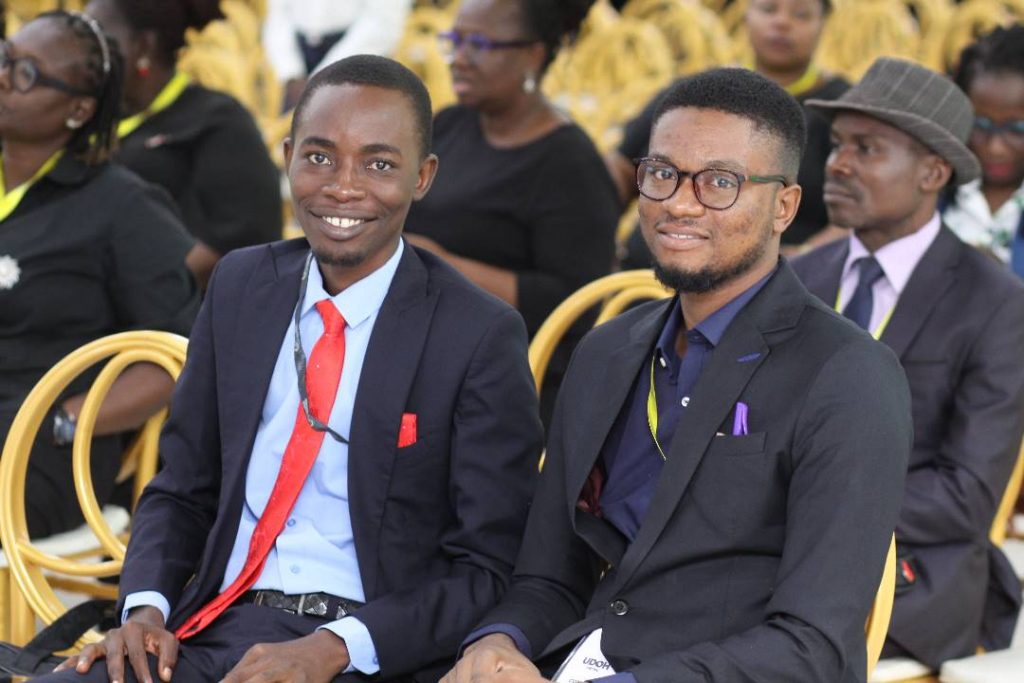
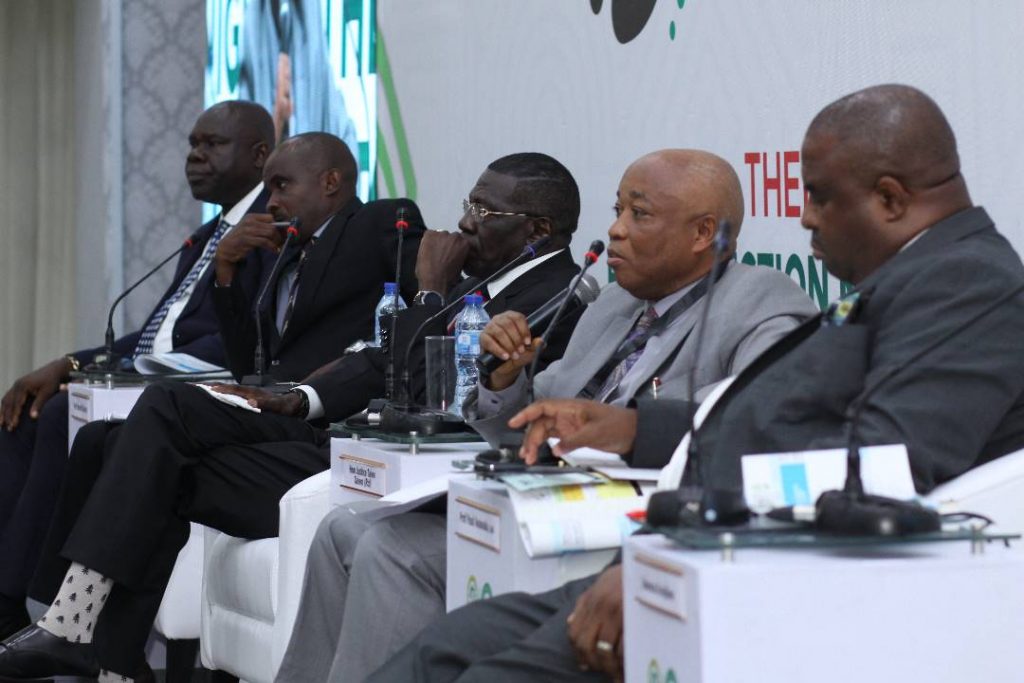

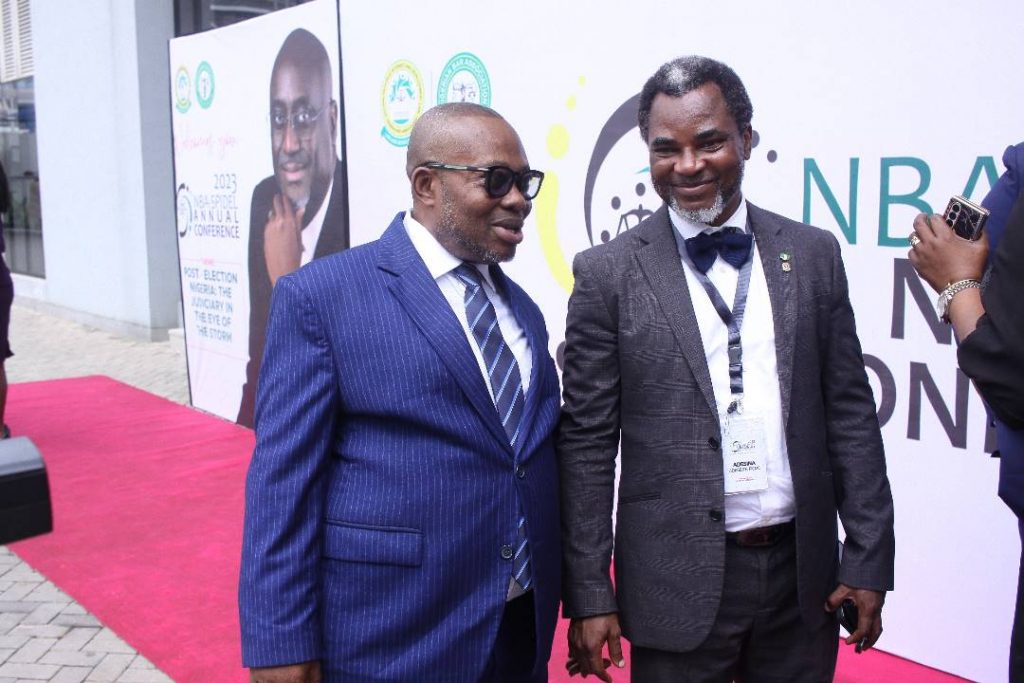
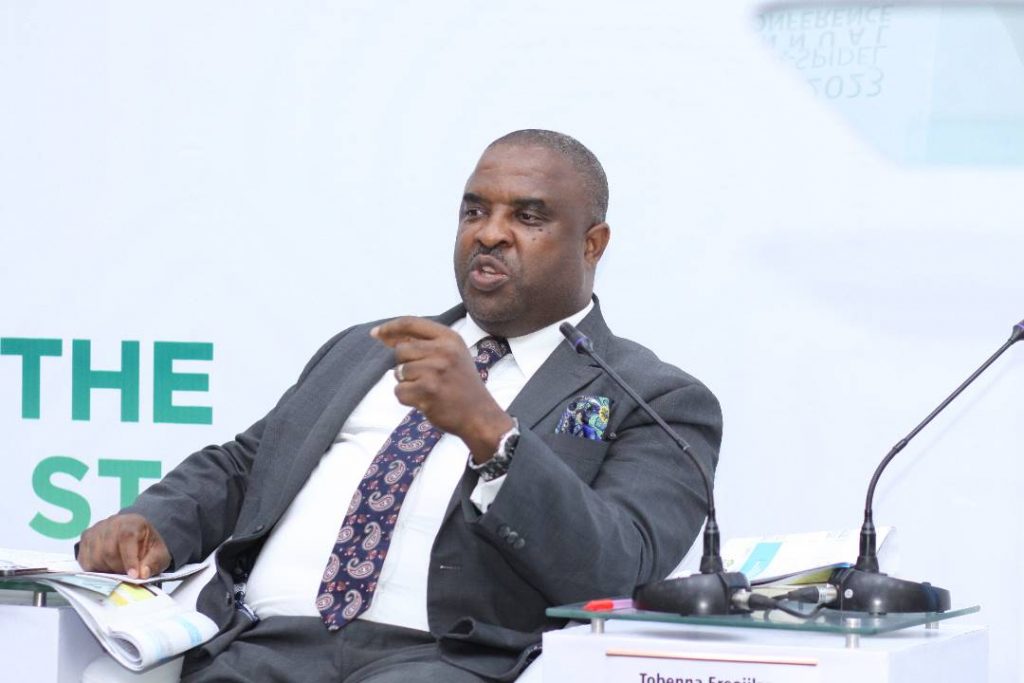
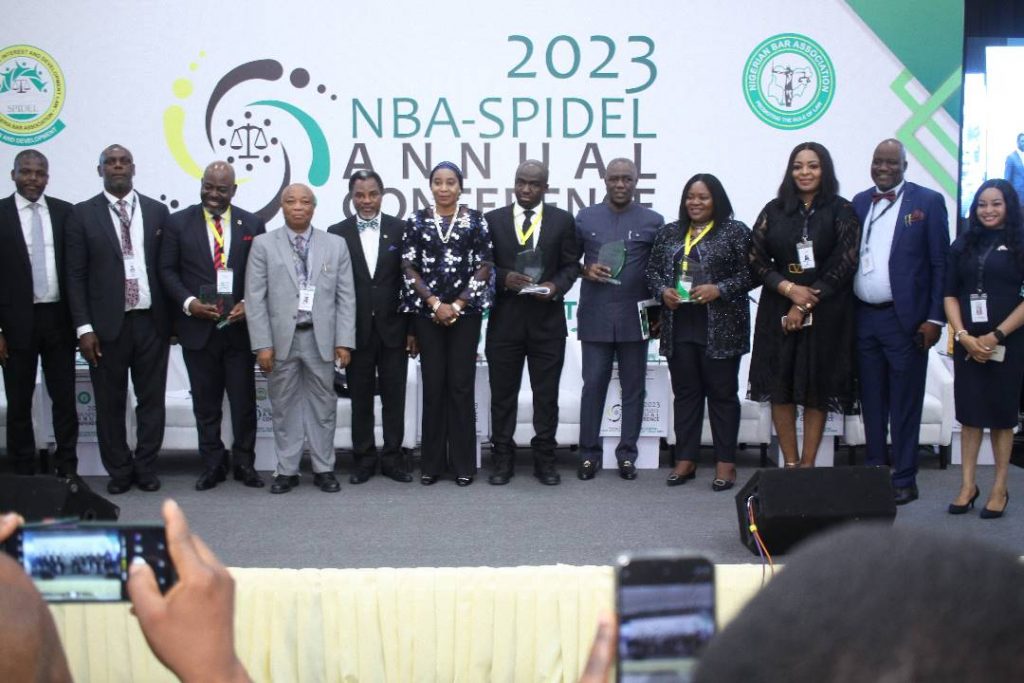
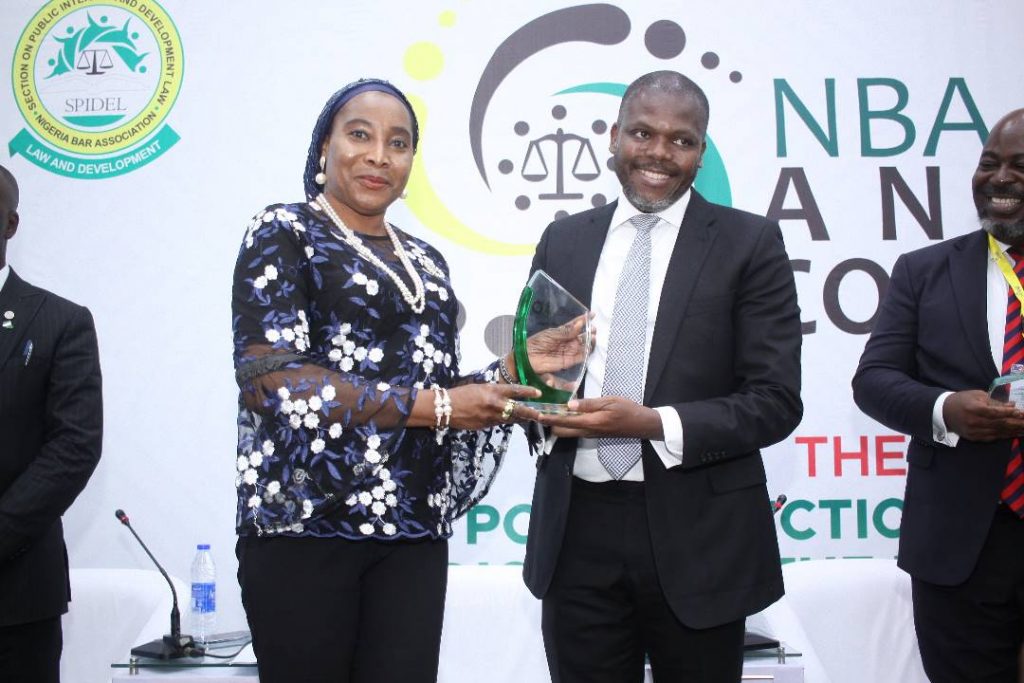
-Advertisement-
Grab our latest Magazine, "Kelechi Amadi-Obi - Transcending the worlds of Law, Visual Art and Photography". Get your order fast and stress free.
For more details about Newswire Law&Events Magazine, kindly reach out to us on 08039218044, 09070309355. Email: newswiremagazine@yahoo.co.uk. You will be glad you did
Download E-MagazineDo you want to be heard, your events covered, your articles published, or need to advertise your products and services on our Blog and Magazine, reach out to us at Newswire Law and Events, you will be glad you did. For more details about our services, please call: 08039218044, 09070309355. Email: newswiremagazine@yahoo.co.uk



